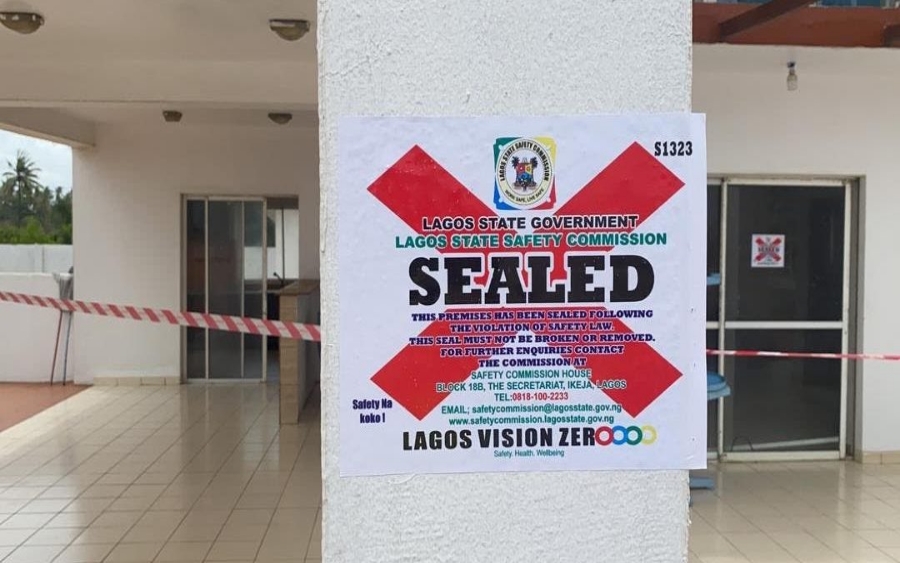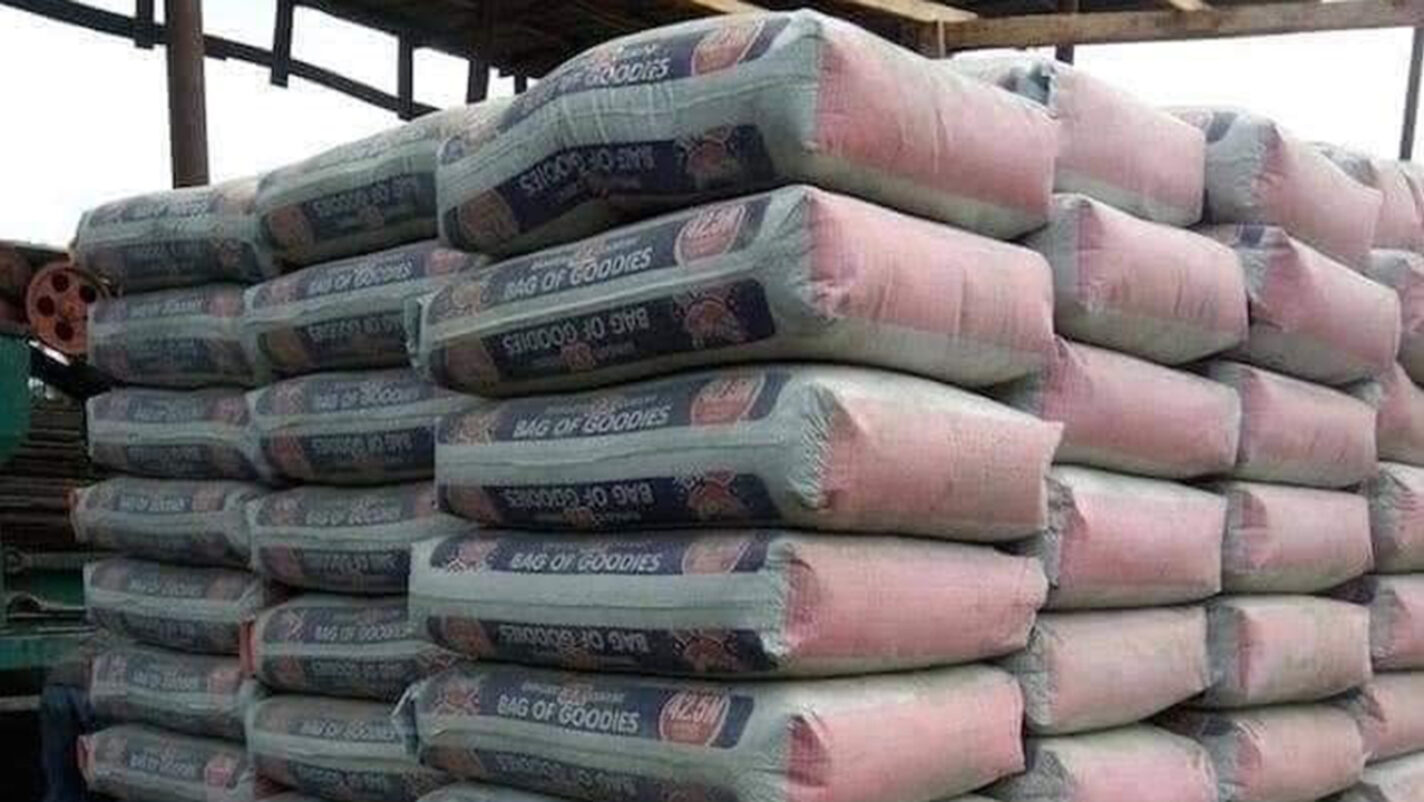News
Nissan to test African demand for its e-Power hybrid vehicle

Japanese carmaker Nissan Motor plans to introduce its e-power hybrid technology car in Tunisia, its Africa head said on Tuesday, as part of plans to test demand in the African market for electric vehicles.
Africa is the world’s last remaining automotive frontier due to the low level of vehicle ownership. According to Nissan, elsewhere in the world, the global motorization average is 182 vehicles per 1,000 people versus 42 per 1,000 in Africa.
But, like in many countries globally, electric vehicles (EVs) are currently priced out of the reach of most domestic consumers, while some countries in Africa, including South Africa, struggle with power outages and logjams on railways and at ports, making it difficult for global executives to invest in EVs on the continent.
“Electrification might take some time in Africa but we have a plan on how to introduce electrification, especially with our technology e-Power in some of the markets that are ready for this technology in Africa,” Nissan Africa Managing Director, Sherief Eldesouky said.
Nissan’s e-Power technology system includes a petrol engine with a power generator, inverter, battery, and an electric motor. The electric motor delivers power directly to the wheels, using energy stored in the battery pack.
“We launched it in Morocco with the Qashqai (last year) and in Egypt in February with the X-Trail and we’re going to go to Tunisia after that with the Qashqai,” Eldesouky said on the sidelines of Nissan’s Navara Africa expedition launch.
“We’ve been leveraging our technology because Africa is not ready in terms of infrastructure availability of electricity.”
South Africa is making some inroads after it published an electric vehicle policy roadmap last year, outlining steps to support the transition to EVs, such as government incentives.
Japan’s third-largest carmaker by sales wholly owns manufacturing plants in Egypt and South Africa and has been in Africa for more than 60 years.
This year Nissan will export the South African-built Navara pickup trucks to new markets of Algeria, Libya, Sudan, Tunisia, and Egypt, Nissan Africa product Marketing Director Stefan Haasbroek said.
The automaker is also planning to introduce new grades like the mid-grade automatic transmission vehicle in Sub-Saharan Africa and an entry-level double cab in South Africa, he added.
News
Lagos Govt seals over 840 event centres, social facilities over safety violations


By Sodiq Adelakun
The Lagos State Government has taken unwavering action against event centres and social facilities that violate safety regulations, sealing over 840 of them in the last one year.
This was disclosed by the Commissioner for Special Duties and Intergovernmental Relations, Gbenga Oyerinde during the ongoing Ministerial Press Briefing at the Bagauda Kaltho Press Center on Monday.
According to him, the Lagos State Safety Commission has carried out enforcement actions at various facilities, including event centres, clubs, lounges, hotels, and construction sites, to ensure compliance with safety standards.
Notable examples of sealed facilities include the Lekki Conservation Centre and Quilox.
In addition, the Commission has inspected over 7,819 facilities to ensure safety, issuing fire safety compliance certificates to 5,220 of them.
It was gathered that the Commission has carried out at least 365 advocacy initiatives to promote environmental safety.
In his words, “Our ministry in working in line with the THEMES Plus developmental Agenda of Mr. Babajide Sanwo-Olu, to mitigate risks and protect life and property of government and citizens of Lagos’ State, have sealed eight hundred and forty event centres and social facilities for safety violations and non-compliance of extant laws.”
The Commissioner also stated that fire safety officers from the States Emergency and Fire Rescue body successfully rescued 376 victims, preserving an estimated property worth of N152.22 billion, albeit with a regrettable loss of 82 casualties and N25.37 billion in property.
He also revealed that additional fire stations were added in Ibeju Lekki, Ifako Ijaiye among other locations across the state.
“In line with efforts to bolster infrastructure, three new fire stations are nearing completion in Ijegun-Egba, Satellite Town, and Ijede, while an ultramodern workshop at the Alausa headquarters is nearly finished to cater to the agency’s fleet maintenance needs.
“Additionally, land spaces have been identified for the development of additional fire stations in Ibeju, Lekki and Ifako Ijaiye,” he reiterated.
He added that Lagos State Fire and Rescue Service had prioritised fire mitigation and Emergency Response Strategies
He also said “the Lagos State Fire and Rescue Service is sustaining its focus on enhancing fire mitigation and emergency response strategies, aligning with the administration’s THEMES Plus Agenda. Under the leadership of Governor Babajide Sanwo-Olu, a collective effort was emphasised to address the challenges posed by fire incidents effectively.
“Key statistics from the year’s emergency calls revealed a total of 2,537 incidents, including 1,627 fire calls, 191 rescue calls, 93 salvage calls, and 4 explosions, alongside 607 false alarms.
“This highlighted the critical need for increased awareness of fire safety measures to combat the impact of negligence and non-compliance with safety codes,” he stated.
The Commissioner also highlighted the collaborative efforts with the Ministry of the Environment to improve the NYSC Temporary Orientation Camp (Youth Hostel) at Iyana-Ipaja.
Furthermore, he also revealed that the Lagos State Emergency Management Agency (LASEMA) responded to a total of 1,906 incidents between January 1, 2023, and March 31, 2024, comprising 1,461 incidents in 2023 and 445 incidents in the first quarter of 2024.
News
State police, solution to Nigeria’s security challenges — Senate Leader


Senate Leader, Opeyemi Bamidele, has said that the establishment of state police will go a long way in addressing the insecurity situation across the country.
Bamidele, who stated this in Abuja on Monday in a release issued by his media office, described the current state of policing in Nigeria as “ailing and dysfunctional.”
The statement read in part, “We must admit that the system can no longer guarantee the dignity of human lives and the security of collective assets considering our security dynamics in the Fourth Republic.
“The proposal for the creation of state police has been a subject of intense debate in the last decade or more.
“This, in part, can be attributed to the rise of armed attacks orchestrated by diverse interests either pursuing divisive agendas or seeking predatory ends in virtually all geopolitical zones.”
He noted that Nigeria, one of the world’s fastest-growing nations in terms of population, could not continue to operate a centralised policing system.
“Such a policing model cannot meaningfully address existential threats to our internal cohesion and stability. Unlike in 1979, when we had a population of 70.75 million, Nigeria is now a federation of about 229 million people and is currently the world’s sixth-biggest country.
“This is as shown in the demographic data of the United Nations. Contrarily, as revealed in the recent presentation of the Inspector-General of Police, Kayode Egbetokun, Nigeria has a police-citizen ratio of one to 650. “This ratio is a far cry from a ratio of one to 460, which, according to the United Nations, is a minimum requirement for every sovereign state or territory worldwide,” the Senate leader said.
The lawmaker further noted that the ongoing review of the 1999 Constitution would allow stakeholders to interrogate the nation’s security framework and take a position on the desirability or otherwise of state police in the country.
“We must go about it (state police) with a clear sense of self-realisation. We must, first and foremost, realise that the present police system is ailing and dysfunctional.
“We must also admit that the system can no longer guarantee the dignity of human lives or the security of collective assets.
“With this admission, it is evident that the option of adopting state police is no doubt inevitable as an antidote to the diverse security challenges that threaten us as a federation,” he said.
The Senate leader further said that as the debate for a more efficient police model continued, the National Assembly was under obligation to provide a legal framework with clearly defined preconditions.
“Sub-national governments must conform to the preconditions before establishing their policing formation. The role of all 36 state Houses of Assembly is equally indispensable in the quest to adopt the decentralised police system,” he said.
News
Cement price hike causing building collapse – COREN


Cases of building collapse in the country have been attributed to the arbitrary increase in the price of cement by producers of the product.
The President of the Council for the Regulation of Engineering in Nigeria, Sadiq Abubakar, stated this on Monday in his remarks at the investigative hearing organised by the House of Representatives Joint Committee on Solid Minerals, Industry, Commerce and Special Duties, to probe the price increase of cement in recent times.
This was as the Chairman of the Joint Committee and member representing Karu/Keffi/kokona Federal Constituency, Nasarawa State, Gaza Gbewfi, summoned the Chairman of the Cement Producers Association of Nigeria, David Iweta, for questioning over the development.
Iweta, who did to turn up for the investigative hearing on Monday, was summoned after previously turning down two invitations by the committee.
The committee also charged the association to desist from using frivolous court injunctions to interfere in its work as guaranteed by the provisions of the 1999 constitution (as amended)
“You will agree with me that an increase in the price of cement is one of the key culprits of building collapse. I am trying to connect the hike in the price of cement with the standardisation in our building and the direct connection of building collapse.
“There is a connection with that, and I think this something we must interrogate,” the COREN President said.
Gbewfi, while agreeing with Abubakar, also argued that the cost of cement has also brought about an increment in housing rents across the nation.
“Anything that has to do with livelihood should be treated as an emergency’” the committee chairman said.
At the investigative hearing, the joint committee also queried representatives of the Nigeria Building and Road Research Institute and the Federal Competition and Consumers Protection Council on the arbitrary price increase.
Gbewfi also chided the representative of the Chief Executive Officer of the FCCPC, Boladale Adeyinka for not doing enough to protect the consumers of cement in line with the Act establishing the agency, saying, “You are a mother that has forgotten your children.”
-
Finance4 months ago
Court orders Sen. Victor Umeh to repay N136m bank debt to AMCON
-



 Abuja Update3 months ago
Abuja Update3 months agoUNDP, FG partnership needed to achieve inclusion, equity- Minister
-
Abuja Update2 months ago
Banks drive stock market performance with N147bn gain
-
capital market2 years ago
Rt.briscoe, FBNH, Others halts negative performance of stock market
-
Submission Guidelines5 months ago
CALL FOR SUBMISSIONS: POETRY COLUMN-NND
-



 Health1 month ago
Health1 month agoCapacity training will reduce migration of health workers- NPHCDA
-



 Business4 weeks ago
Business4 weeks agoTingo Group unveils Tingo Electric, Tingo Cola drink at Lagos launch
-
News5 months ago
Oil thieves sponsoring malicious media campaign against Navy – Spokesman




